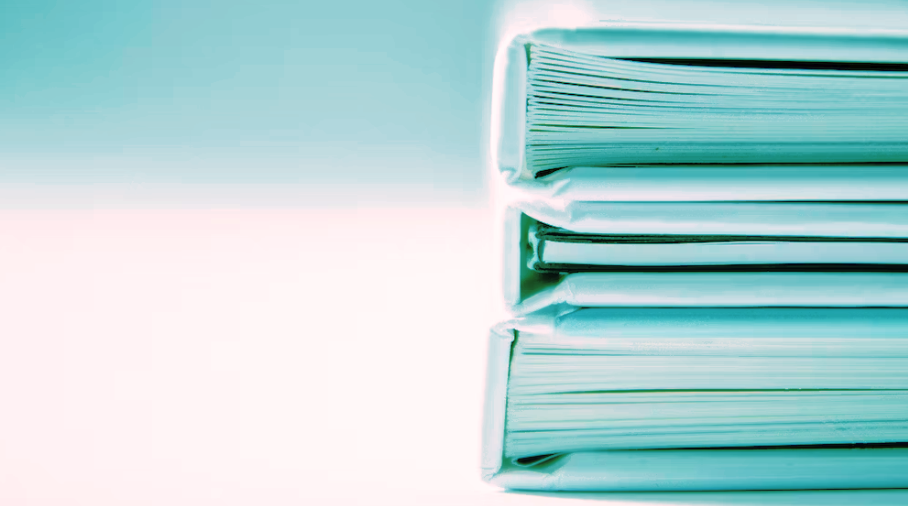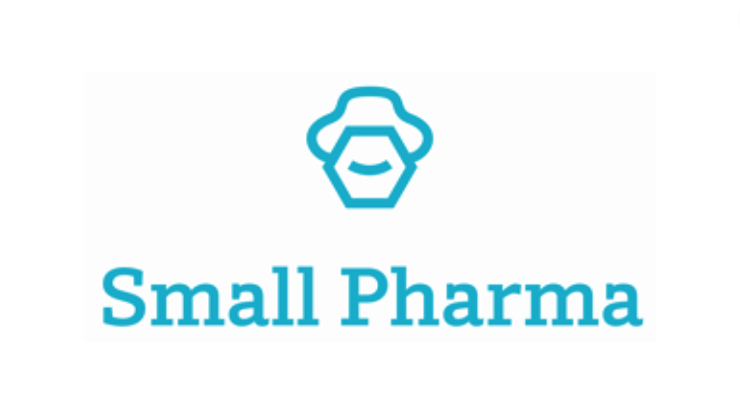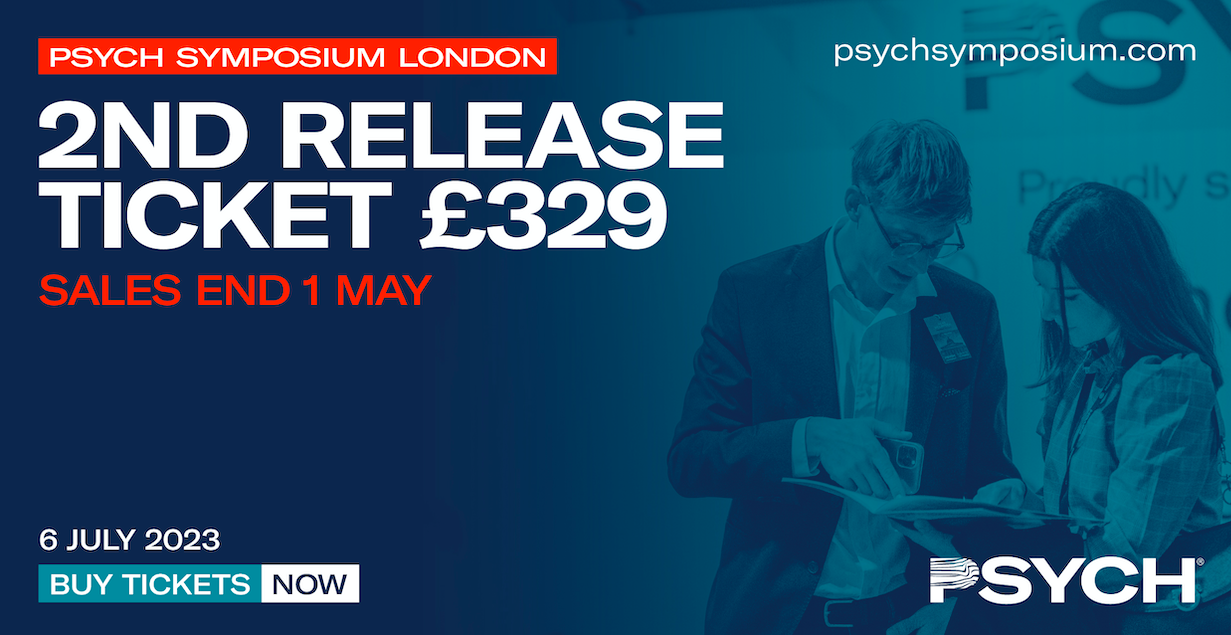The value of patents in psychedelic medicine
Regulatory reform to decriminalise the use of psilocybin is taking place in a dozen states across the US, and is no longer confined to the West Coast – with lawmakers proposing bills in New York, Connecticut and Virginia.
The patent portfolio of a pre-revenue pharma company with significant R&D burn can be its lifeblood. Absent an exclusionary right, to protect the fruits of the R&D, all the resources and talent in the world may not be enough for a company to prevent a less-endowed pirate from ripping off a future blockbuster – and capturing the profit for itself.
Enter psychedelic medicine patents. A patent does not guarantee a right to practise an invention. Rather, it bestows a right to exclude competitors. By excluding other players for a limited term, the theory goes, an inventor can capture the fruits of production for themselves over that term, thereby rewarding and incentivising innovation.
Thus, a patent’s value derives from what it excludes. Think of a patent like a fence surrounding a vineyard. The value of that fence comes not from the area it covers—the breadth of coverage—but from the value of the vines contained therein. A fence could cover very little property, but, if the enclosed vines yield many grapes, that fence could be quite valuable. Indeed, a small fence ensconcing a single productive vine could be far more valuable than a fence surrounding a vast, barren acreage.
READ MORE


